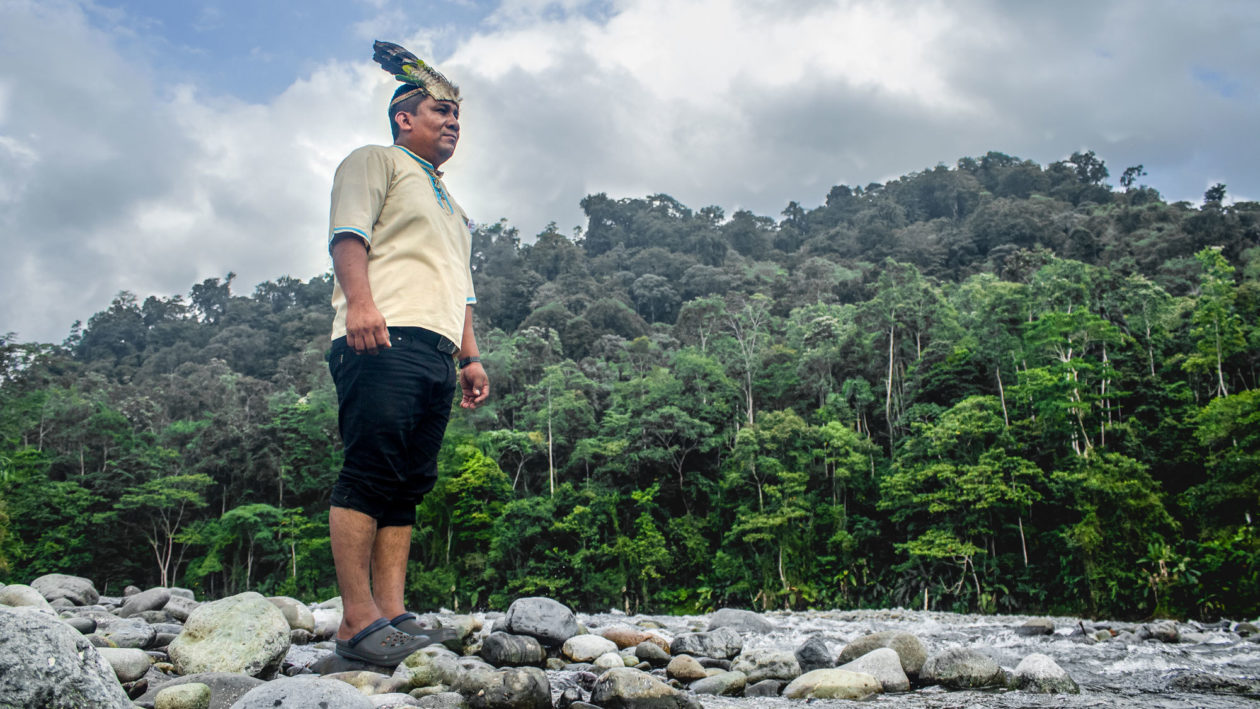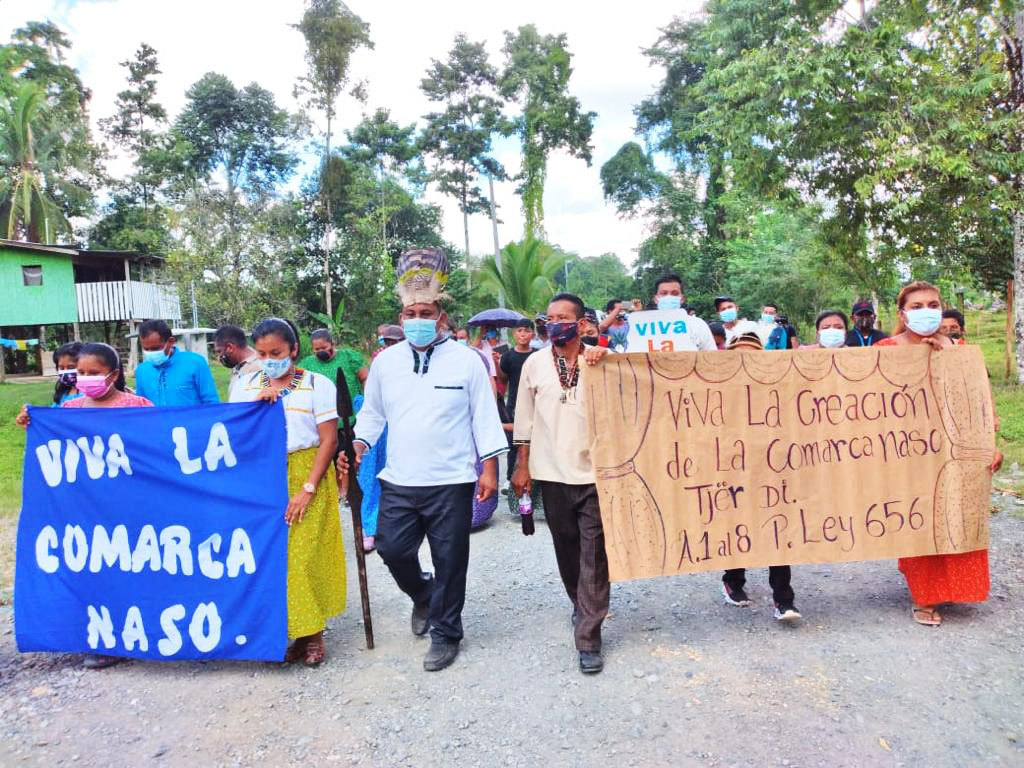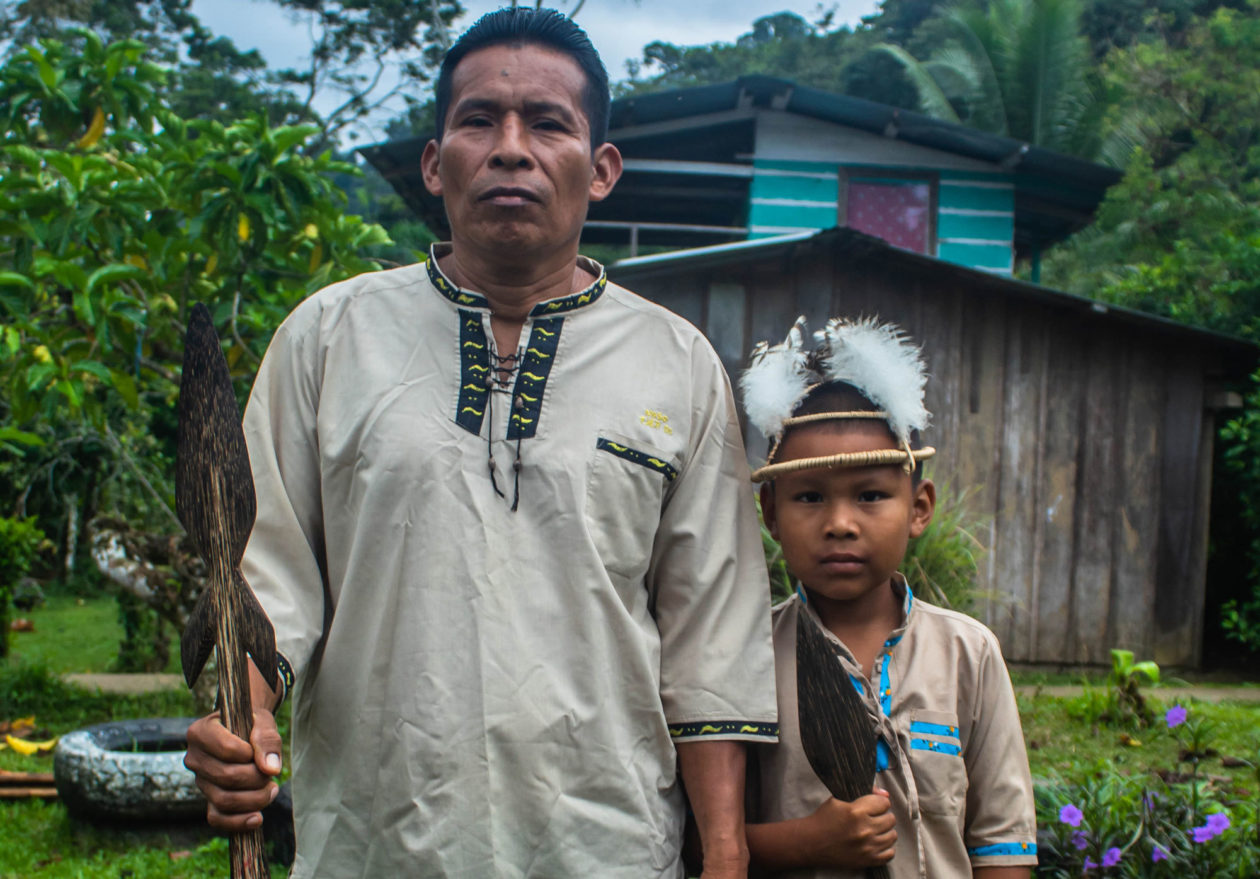
- Better Society -
- 3mins -
- 247 views
Panamanian Naso Tribe Regains Control of Its Lands
The Naso people of Panama are celebrating a major victory after the country’s Supreme Court upheld their claim to 400,000 acres of ancestral lands encompassing some of the most pristine forests in Central America.
Forest Defenders: the Naso people of Panama win rights to ancestral land
A landmark court ruling means the Naso people of Panama have won the rights to ancestral territory that includes two national reserves the tribe will now help manage. The victory comes as mounting evidence shows that Indigenous groups are often the best protectors of their lands.

Forest Defenders: A Panamanian Tribe Regains Control of Its Lands
Tribal groups in Panama are celebrating a victory for their rights to control some of Central America’s largest forests — a victory that could benefit conservation throughout the region.
The landmark ruling, by the country’s Supreme Court, upholds a claim by the Naso people of northwest Panama — who live in remote villages, grow subsistence crops, maintain their own forests and native language, and elect their own monarch — to create a semi-autonomous territory, known in Panama as a comarca, covering some 400,000 acres of their ancestral lands.
“This is an act of justice that will restore tranquillity to the Naso by securing our land,” says the King of the Naso, Reynaldo Santana*. “We will be able to continue what we know best and what our culture and way of life represents: taking care of our mother earth, conserving a majestic forest, and protecting the country and the planet from the effects of climate change.”
The ruling, issued in October, might give conservationists pause, because most of the Naso territory has since the 1980s been designated as part of two state-protected areas — La Amistad National Park and the Palo Seco forest reserve.
The judges found that, contrary to past claims by the Panamanian government, this status was no bar to the territory being recognised as a comarca — Indigenous land rights had priority. The parks will continue to exist, but under Indigenous control through a joint management plan.
*as reported by Fred Pearce, for YaleEnvironment360
Source: e360.yale.edu

giving tribes legally enforceable authority best way of securing the survival of forests
With more than 60% tree cover, Panama is one of the most forested countries in Central America.
Historically, Panama’s forests have survived thanks largely to the stewardship of its half-million Indigenous inhabitants from seven tribal groups. Today, the majority of the country’s intact forests are within comarcas, where Indigenous groups have legal rights and responsibilities for managing the area and receive funding from the national government.
Those groups believe giving them legally enforceable authority would be the best way of securing the survival of forests still outside their formal control.
The Naso people’s defense of their forests has had tangible environmental gains. An analysis of government data by the Rainforest Foundation U.S. (RFUS) found that deforestation in the past two decades on Naso lands has been only a quarter the rate within state-protected La Amistad and Palo Seco: 0.4% compared to 1.8%.
Presented with such evidence, the Panamanian National Assembly in 2018 passed a law to create a sixth comarca for the Naso, covering 400,000 acres, all but 9% of which is within the two state-protected areas.
From a longer, more detailed article for Yale Environment 360, by Fred Pearce.
Source: e360.yale.edu


